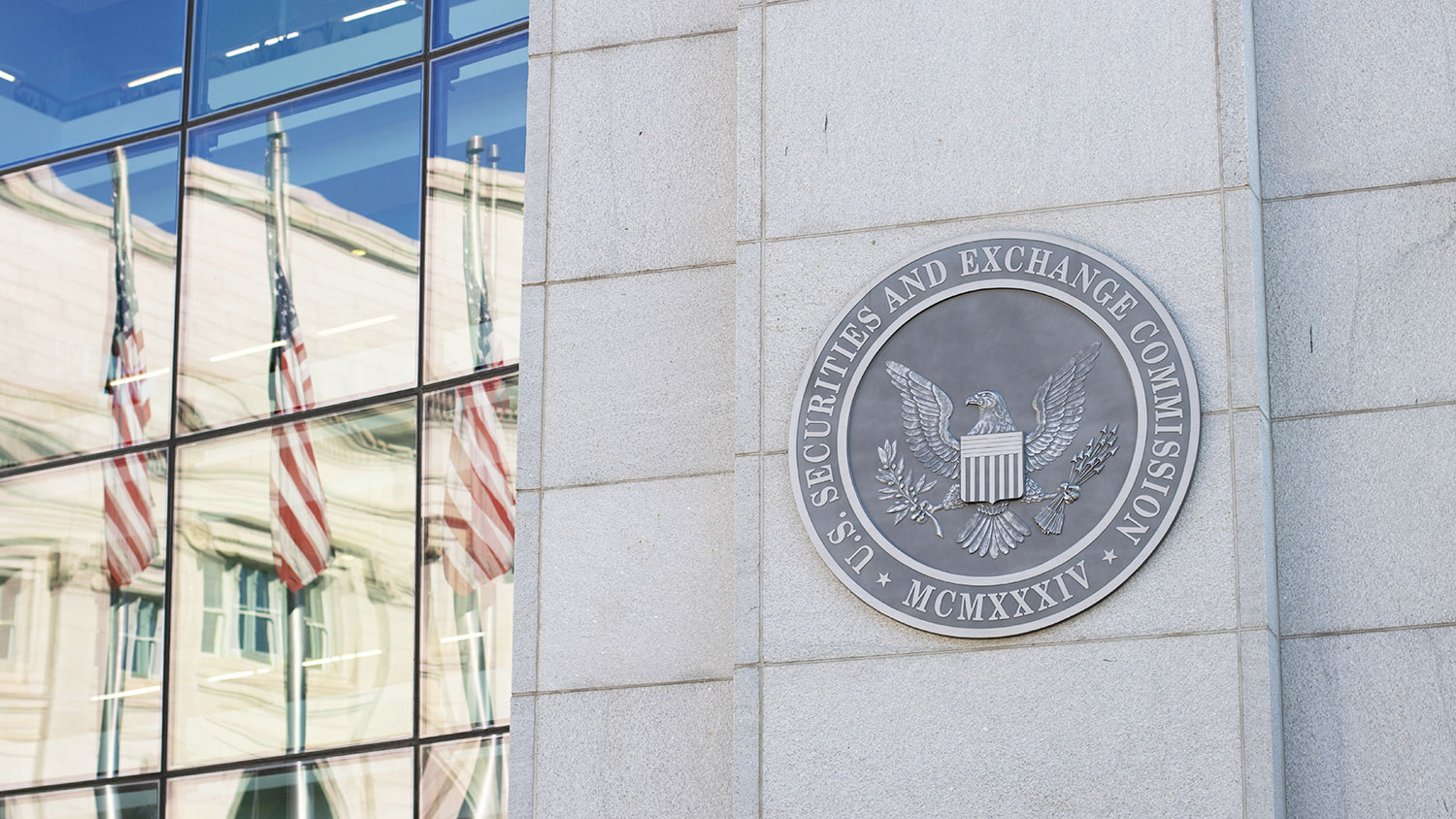Whited, Burd Examine SEC Climate Disclosure Amendment
Poole College's Rob Whited and Carly Burd weigh in on a recent Securities and Exchange Commission rule change related to public companies' climate disclosures.

By Rob Whited, associate professor of accounting, and Carly Burd, assistant professor of accounting
On March 6, the Securities and Exchange Commission (SEC) adopted amendments to the Securities and Exchange Act of 1934 mandating climate related disclosures in the annual report of public companies. The rule passed 3-2 with the commissioners voting along party lines. Among other provisions, the SEC requires registrants to disclose:
- material climate-related risks
- activities to mitigate or adapt to climate-related risks
- how the board of directors will oversee climate-related risks
- information related to climate-related targets and goals
- estimates of costs incurred as a result of severe weather
- estimates of direct carbon emissions by the registrant as well as estimates of “indirect” carbon emissions (e.g., estimated emissions from electricity usage) — this requirement only applies to larger filers (i.e., accelerated filers)
Notably, the adopted amendments for accelerated filers are actually weaker than the originally proposed rules, which would have required additional “Scope 3” emissions — i.e., emissions generated throughout the company’s supply chain and use of products by end customers. Regardless, SEC Chair Gary Gensler touts the amendment as an achievement, arguing that these disclosures will provide decision useful information to investors. Gensler concludes that “issuers and investors will benefit from the consistency, comparability and reliability of these disclosures”.
Opponents of the amendment argue that the SEC oversteps its regulatory authority and deviates from its mission. Opposition cites the high costs of compliance as issuers prepare such unprecedented disclosures and question the “special treatment” applied to climate-related risk relative to other risk disclosures. SEC Commissioner Hester Peirce, an outspoken opponent of the requirement, estimates that the mandate will increase disclosure compliance costs by 21%. This is a significant cost, particularly given climate-related costs do not represent a material financial risk for many issuers.
The SEC has a three-part mission to: 1) protect investors, 2) maintain fair, orderly and efficient markets, and 3) facilitate capital formation. Nowhere in this mission does it mention responsiveness to non-financial factors. Gensler argues that the amendment was “grounded in materiality” (i.e., whether there is a substantial likelihood that a reasonable investor would consider the information important when making an investment or voting decision). If this is so, why are climate-based disclosures not covered by the materiality principles which guide other risk disclosures? If climate risks represent material financial risks to a firm, these risks are covered under existing guidance; if climate risks are not material to a particular firm, disclosing them to investors is unnecessary, costly, and distracting.
Managers weigh the costs and benefits of a disclosure when determining whether and to what extent a certain risk disclosure is warranted, with the materiality principle guiding these decisions. By creating a carve-out for climate-related disclosures that deviates from the economic materiality principle, the SEC has made a value judgment and determined that “materiality” does not guide climate disclosures. As dissenting Commissioner Peirce argues,
“By rejecting a principles-based regime grounded in materiality for climate, the Commission could trigger a hodgepodge of requirements tailored to meet the demands of a vast and ever-expanding panoply of special interests. A pro-life investor, an anti-cannabis investor, or an anti-war investor might want idiosyncratic information to assess a company’s performance on those respective issues.”
The larger issue here is that the SEC abandoned a principles-based regime which used financial return materiality as the guiding principle for risk disclosures. Commissioner Peirce rightly points out that “all reasonable investors value financial returns, but they may diverge on which non-economic considerations are important.” By creating disclosure rules tailored to a subset of investors’ non-financial goals, the SEC deviates from its mission and possibly oversteps its legal authority. In fact, lawsuits have already been filed challenging the SEC’s authority in this matter. Aside from materiality, a 2021 survey of executives by Boston Consulting Group estimates an up to 40% error rate in carbon emissions calculations, calling into question the reliability of disclosures made pursuant to the new rule. Thus, the SEC is imposing a significant cost on firms, and requiring firms to make (often) immaterial disclosures with limited reliability and comparability.
In sum, we side with Commissioner Peirce who states that “Congress did not create [the SEC] to satisfy the wants of every investor, but to serve the interests of the objectively reasonable investor seeking a return on her capital.” While some investors certainly desire climate-related disclosures, that does not justify the SEC mandating such disclosures. This decision is for each firm to make based on the materiality of their specific risks and the demands of their investors, not the interests of regulators.
- Categories:


